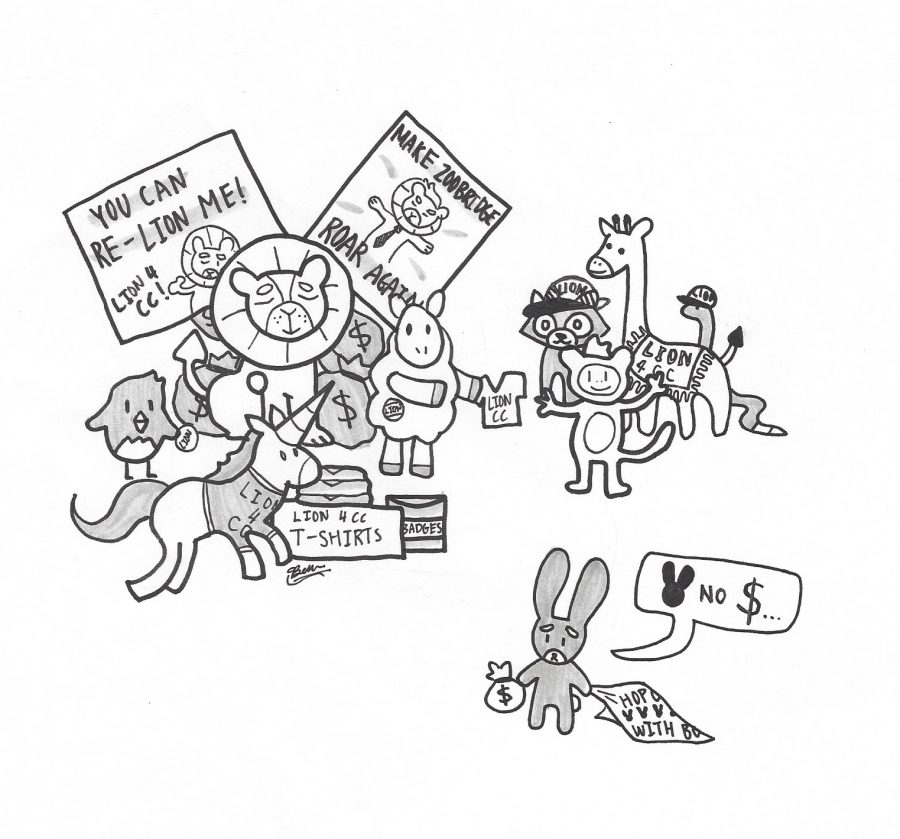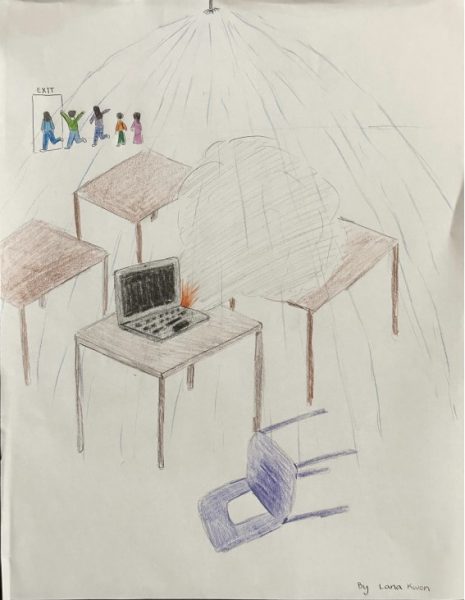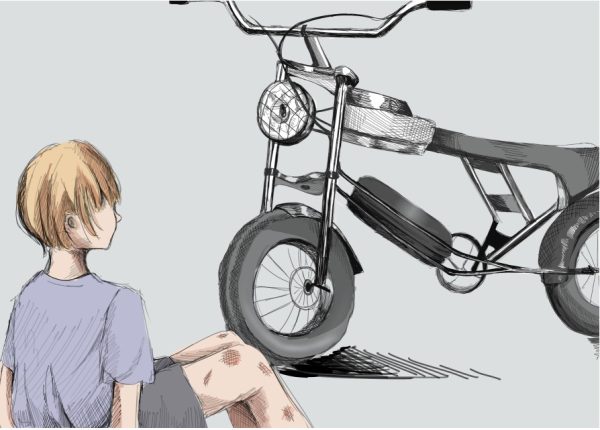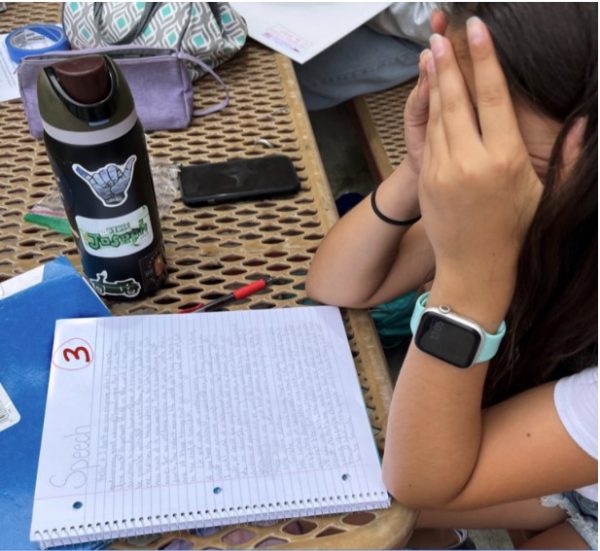Staff Editorial: hope for change is a vote away
Do we know enough about our candidates to truly understand the impact of electing them into office?
With recent class council elections coming to a conclusion, the seasonal era of comical, eye-capturing posters across campus has ended, leaving many students wondering who exactly they voted for and what their next year will look like with the new candidates.
The population of students who is concerned for school politics has diminished over the years as they have become more absorbed with their own high school careers instead of the presence of their high school in their experience.
“Since I’m an outcast of the school, I get to see the social circle from many perspectives, and that is people who do care [about student elections] do not stand as the majority,” senior Quincy Hsieh said.
Since many students feel left out of school activities, a general consensus has been created that they simply do not care about student elections because of the lack of influence it has on their high school careers.
As a student who did vote, junior Karan Shah commented on the detrimental impact not having students participate in school elections could have our future as adults.
“I think student elections, though they are meant to simulate real world elections in a school setting, are detrimental to actual elections when we’re adults,” Shah said. “When we begin to not care about elections at school, we do the same as adults for the real elections.”
While popularity could be used as a way to measure representation, the bias to nominate a candidate based upon popularity or loyalty as a friend has dominated not only student elections, but also our national election as well. This is not the first time we have seen popularity influence the decisions of voters.
“I definitely think [a bias exists]; I remember my own experience in high school that being the case,” math teacher Kyle Norman said. “I remember there was little to no desire to even consider anyone I didn’t know. There was little information that would make me choose someone I didn’t know.”
With the lack of information about the candidates, class council adviser and science teacher Jacyln Severn attributed the origin of student bias.
“I definitely do think there is a bias that students don’t know enough,” Severn said. “When students don’t [have enough information], they rather vote for their friends. I think they feel loyal to their friends, but for those who don’t know all the candidates, I think it’ll be more helpful to get rid of that bias.”
Education specialist David Ferrell also attributed the issue to lack of information provided to the student voters.
“I do believe, with the age group we are working with and the environment we are in that popularity is a large contributor to the student elections,” Ferrell said. “I think, unless they know the candidate and know what they do, students aren’t going to have an idea about [who to vote for].”
Candidates for ASB or class council are given three to four weeks to run their campaigns, according to ASB adviser and English teacher Lauren Prudhomme.
In response to the needs of more information for voters from students and faculty in the focus of the Warrior Television election episode, Prudhomme pointed out that videos are not able to be lengthened without considering the number of applicants.
“We can’t make it much longer than twenty seconds because we don’t know how people are able to run it,” Prudhomme said.
Despite this, students and faculty feel as though the campaigns lack a sense of student involvement and interactions like real politics, beyond making posters with catchy slogans and having students randomly sign their application sheets.
In an effort to increase the student interactions with candidates, events such as meet-and-greets are gradually being introduced as of this year, according to Prudhomme.
“I think you have touched upon an issue we’re always trying to work, on reaching out to the whole school and students who are not involved,” Prudhomme said.
Newly elected class council officers such as junior Revanth Yamani (name is spell checked) agree with this idea of going beyond and interacting more with students to provide them with more information to vote without a bias towards their friends.
“I encourage everyone that is running for any position at the school to try his or her best to not be shy and instead put him or herself out there,” Yamani said. “This is a great way to meet new people and then inform them about what your goals are and why you want to be elected to that position.”
Without a clear-cut solution to this problem of voting bias based upon popularity instead of qualifications and the issue of providing information to voters efficiently, our staff has proposed an idea of a voting packet with information on qualifications of each candidate.
Your donation will support the student journalists of Woodbridge High School. Your contribution will allow us to purchase equipment and cover our annual website hosting costs.







